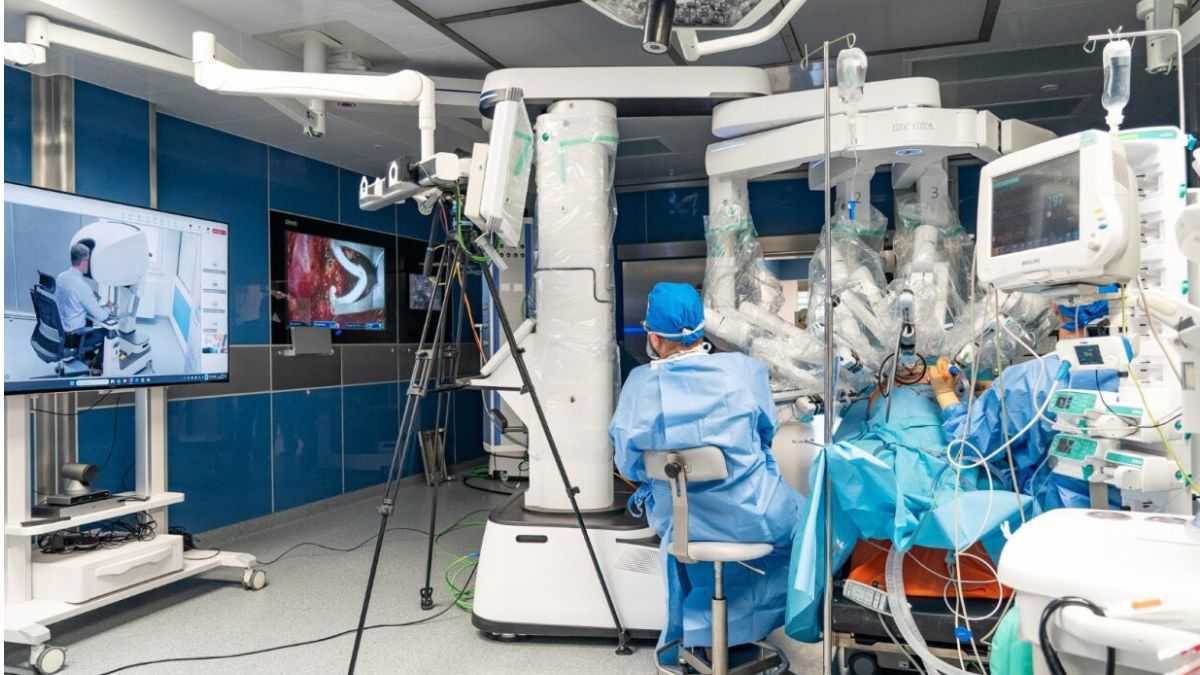Humanism
What will people do?
21 August 2025

For many young Americans, a university diploma has ceased to be a guarantee of success. Rising tuition costs, low earnings, and the expansion of artificial intelligence mean that as many as 51% of Gen Z representatives consider higher education to be a poor investment. Is the era of hiring based on real skills approaching?
Not long ago, a university degree was an almost obvious step toward a career in the United States. Today, however, more and more young Americans are questioning whether the effort is truly worth it. In a March 2025 survey by The Harris Poll for the Indeed platform, as many as 51% of Gen Z representatives felt that a university education was a waste of money. For comparison, only 41% of Millennials and just 20% of Baby Boomers shared this view. The costs of higher education in the U.S. are increasingly seen as too high in relation to the actual benefits. But what about Poland? Are Poles, following the example of their neighbors across the ocean, also changing their attitude toward higher education?
Just 20-30 years ago, having a diploma meant higher earnings and better prospects. Today, this so-called wage premium has virtually stagnated, while tuition fees at American universities have risen by 32–45%, even after accounting for inflation. Half of the respondents admitted they graduated with a debt that follows them. Among Millennials, this percentage is as high as 58%. Thus, the rising costs of higher education have a major impact on the decision to continue learning.
“For decades, getting a diploma meant significantly higher earnings. From 1980 to around 2010, the gap between the earnings of college graduates and those with a high school diploma grew significantly. But recently, that advantage has hit a wall,” the study summary states.

An interesting trend also concerns the belief that a degree is not at all necessary for a job. As many as 68% of Gen Z respondents believe their position would not require a higher education. Among Baby Boomers, this percentage is only 49%.
In the past, university graduates were seen as specialists with unique and hard-to-replace skills. Today, with the rising costs of higher education and widespread access to college, employers are increasingly noticing little difference between them and high school graduates.
“Despite this silent agreement, two-thirds of respondents would be concerned if they found out that their colleagues got the same or a similar position without a diploma,” the study reads.
Universities are under great pressure to keep up with the rapid pace of artificial intelligence development. However, as Francisco Marmolejo, Director of Higher Education and Education Advisor at the Qatar Foundation, noted, adapting curricula too quickly to the latest technologies can be risky. Technology develops so fast that what is current today is not tomorrow. The costs of higher education may increase due to the need to adapt to new technologies.
“It would be naive to think that focusing on the technical aspects of specific AI tools might be the best possible approach.”
According to the expert, a better strategy is to develop so-called core skills: teamwork, critical thinking, and analytical abilities. This is especially important now, when 30% of all respondents and as many as 45% of Gen Z representatives believe that the development of AI has made their education less relevant.
You might like to read: 6 Phrases That Destroy Conversations with Young People: Check if You Use Them
In contrast to the growing skepticism among American Gen Z, most Poles still believe it is worth studying. A CBOS survey from 2024 shows that as many as 88% of respondents see higher education as a good investment. While 54% believe a diploma is still relevant in the job market, 41% consider its practical usefulness to be minor. It’s important to remember that the costs of higher education in Poland do not include tuition fees at public universities, but living costs can be a barrier. For this reason, some students combine studying with work or give up studying altogether.
Experts emphasize that a diploma still increases one’s chances in the market. University graduates earn, on average, 68% more than people with a high school education. For many young people today, practical skills are most important. It also matters whether a course meets the real needs of the job market. This is significant, even though the rising costs of higher education are high.
In assessing the usefulness of a university diploma, Poles are taking more and more factors into account, such as direct costs and opportunity costs, for example, time that could be spent on work. The value of a diploma is also not seen uniformly; not all diplomas are equal. A master’s degree in computer science from a reputable polytechnic is viewed differently than, for example, a bachelor’s degree in a less popular field at a weaker private school. The costs of higher education are thus considered when choosing a major.
Read the original article: Dyplom już nie kusi. Pokolenie Z wybiera inne ścieżki niż studia

Science
21 August 2025


Zmień tryb na ciemny